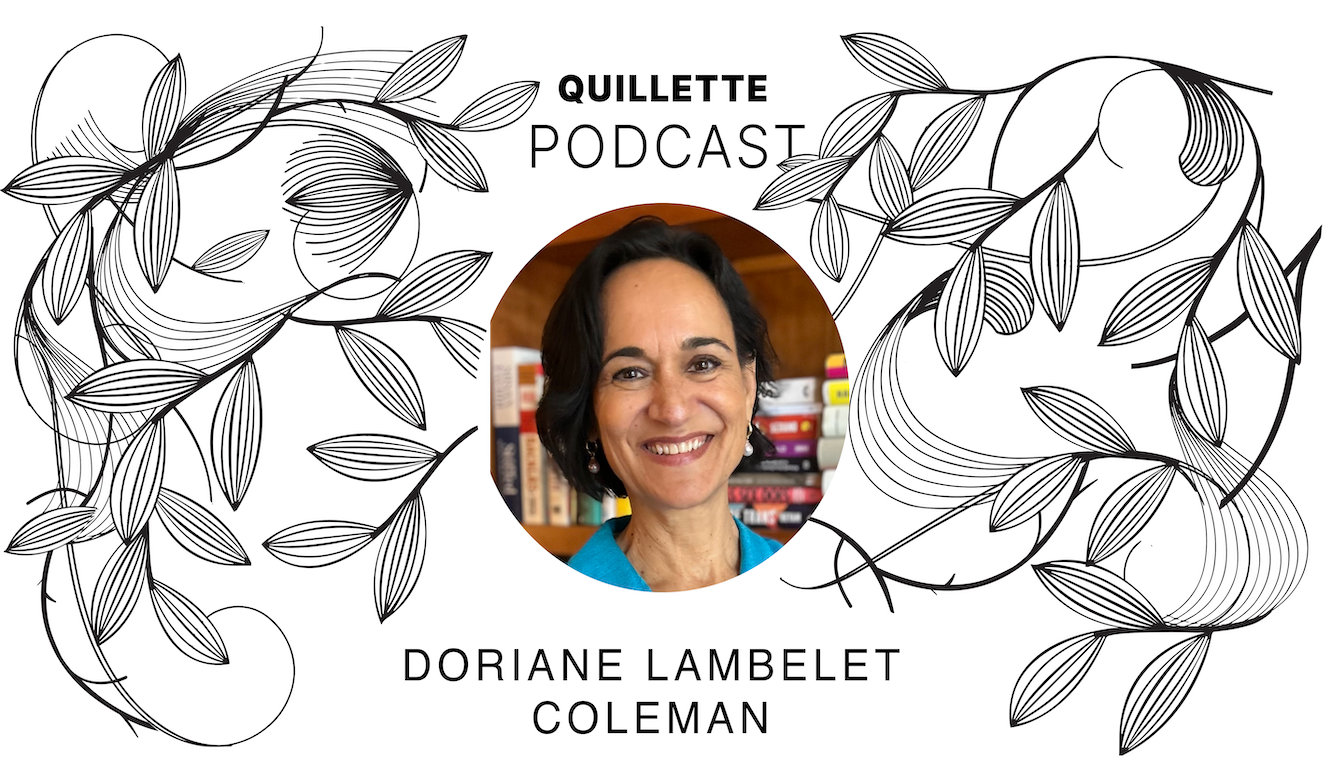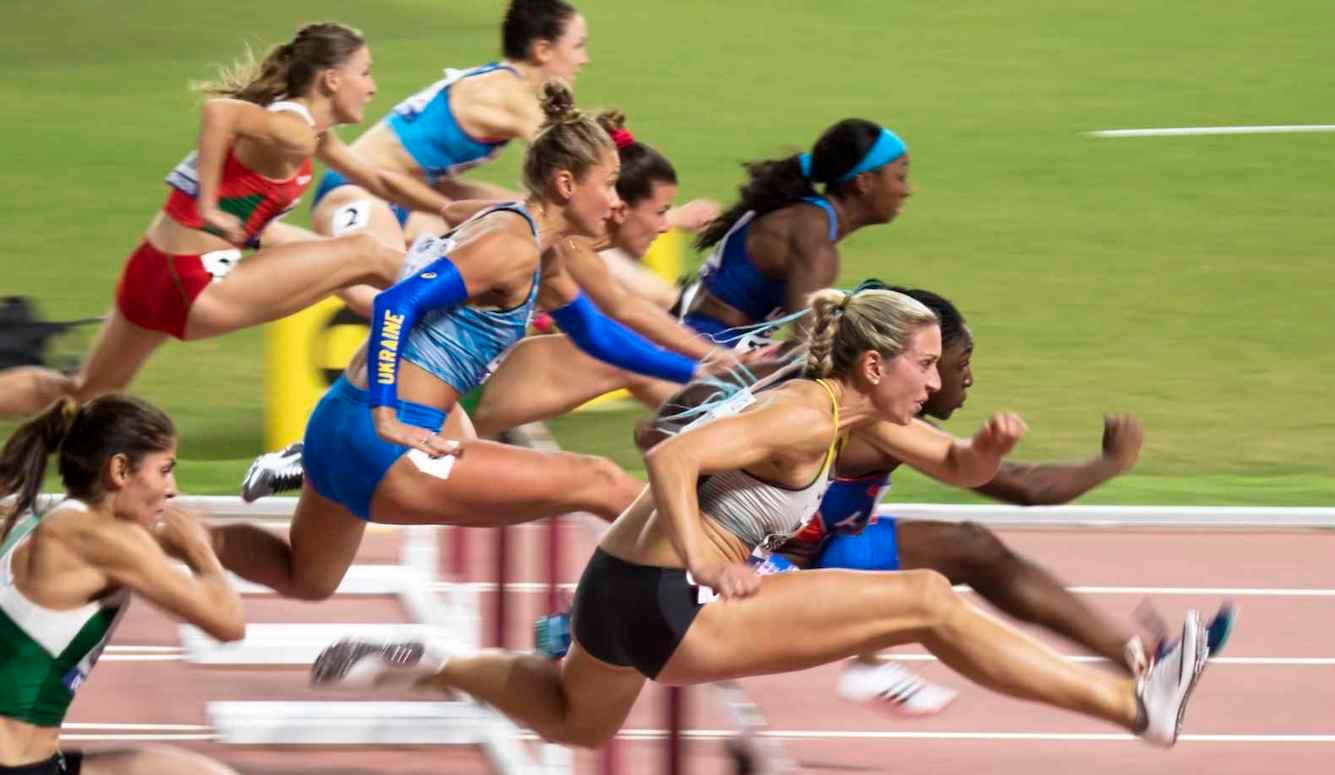Podcast
Podcast #238: Supporting Trans People Without Denying the Facts of Biology
Quillette podcast host Jonathan Kay talks to Duke University law school professor (and former US National Collegiate athletic champion) Doriane Lambelet Coleman about her new book, ‘On Sex and Gender: A Commonsense Approach.’

Welcome to the Quillette podcast. This week’s guest will be a familiar name to those listeners who’ve been following Quillette since the late 2010s. Some of you might remember a blockbuster 2019 article entitled, A Victory for Female Athletes Everywhere by a Duke Law School professor—and former US National Collegiate Indoor 800-metre champion—Doriane Lambelet Coleman. In that article, Coleman made the case for upholding rules that protect the integrity of female athletic categories from the encroachments of trans-identified biological men who assert a female gender identity. Some Quillette readers may also recognize Coleman as the author of a 2021 article whose byline was shared with tennis legend Martina Navratilova, arguing the same principles.

Of course, Coleman isn’t the only Quillette author and podcast guest we’ve featured who argues for these points. But she is unusual to such extent that she’s not only a former elite athlete, but also a legal scholar at one of America’s best law schools—just the sort of progressive academic bastion where a maximalist expression of trans rights is often presented as non-negotiable.
And Coleman has indeed taken her share of abuse online and at public speaking events. But the world has changed since 2019, and Coleman’s views are no longer universally dismissed as “trans exclusionary,” even in the ivory tower. In large part thanks to the patient advocacy of women such as Coleman, various sporting bodies have come to rediscover the common-sense principle that biology matters when it comes to protecting female athletic categories.






